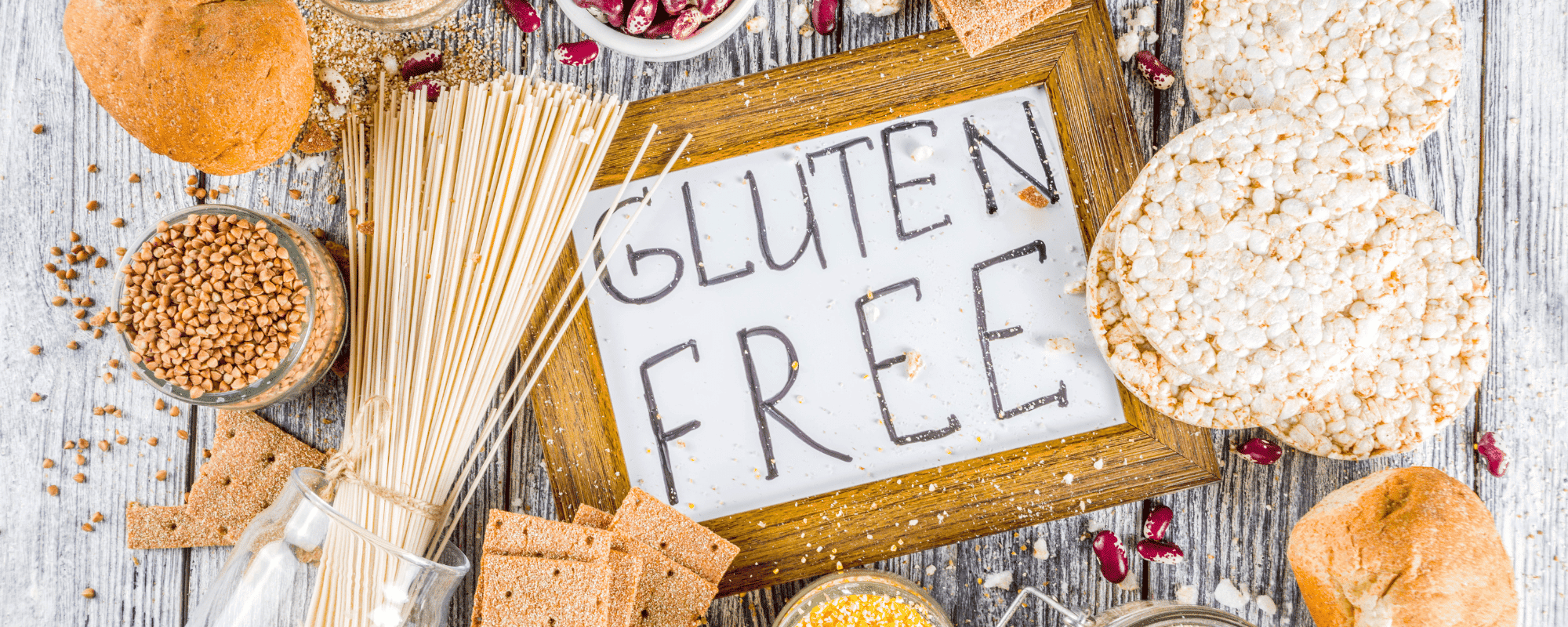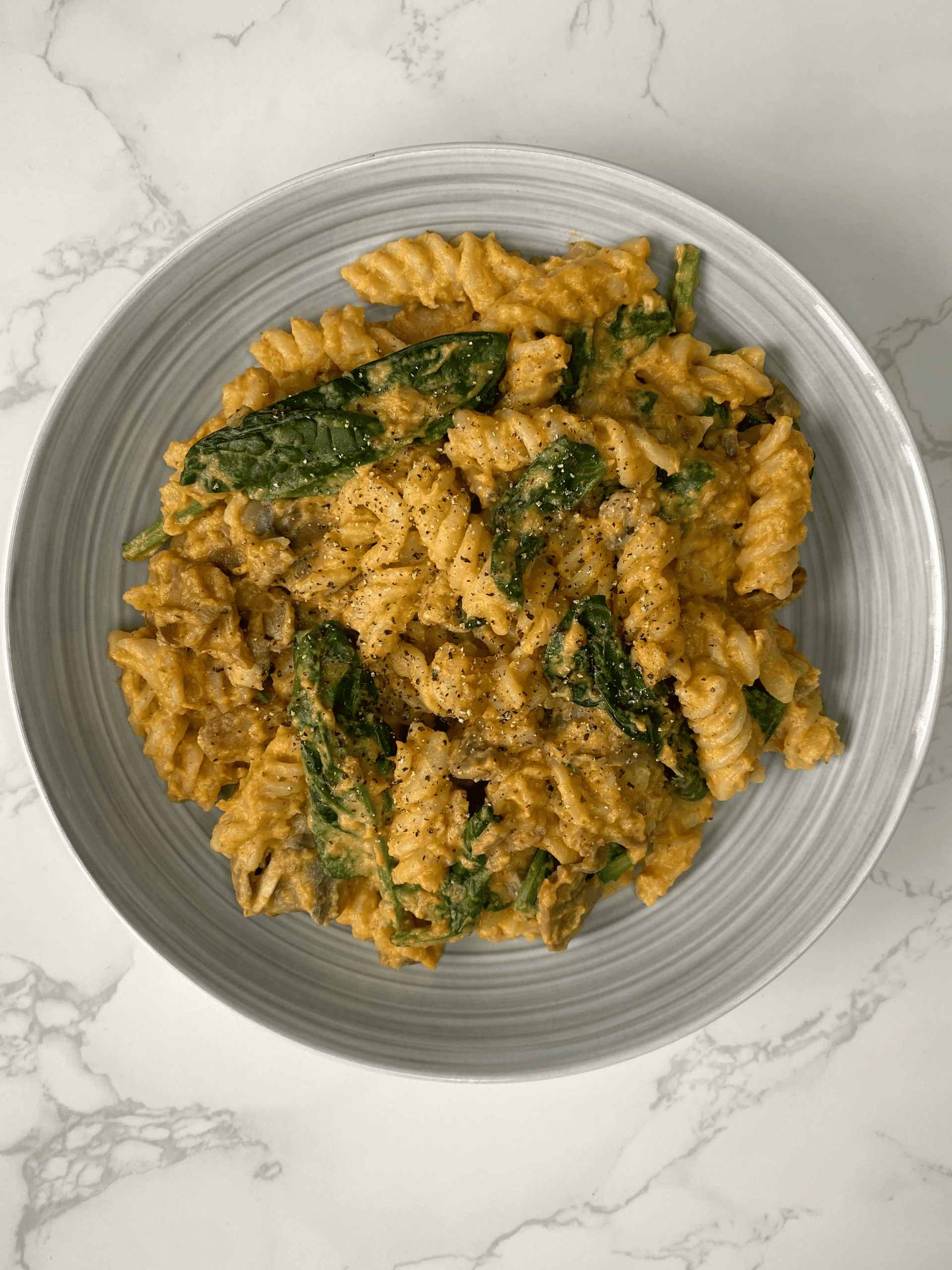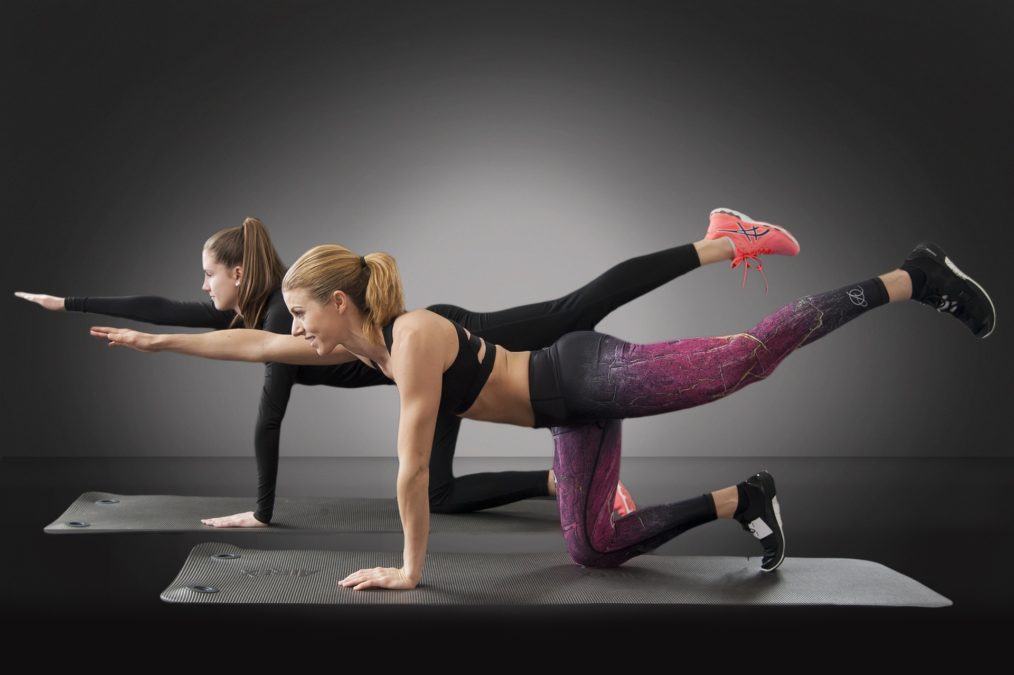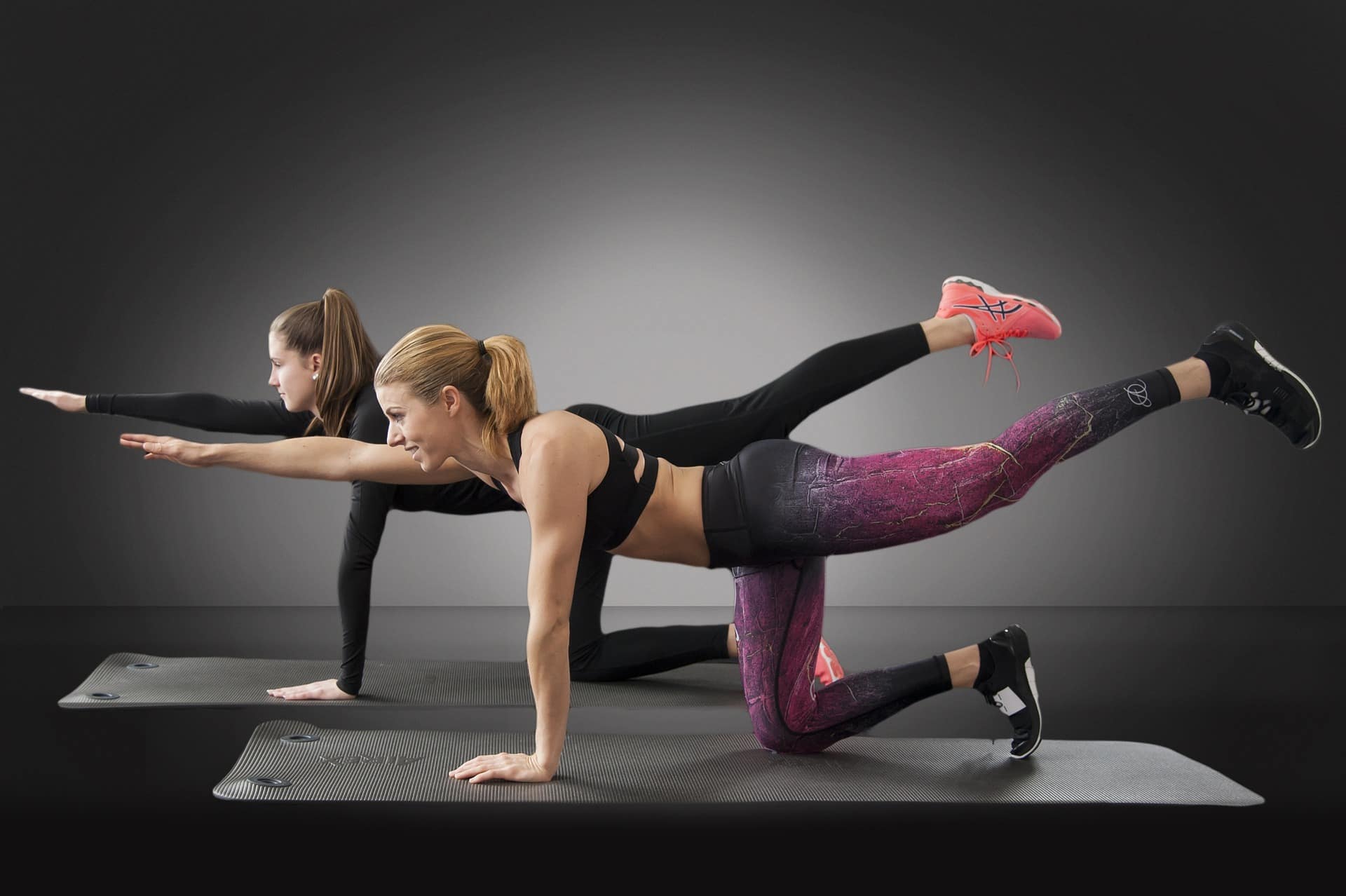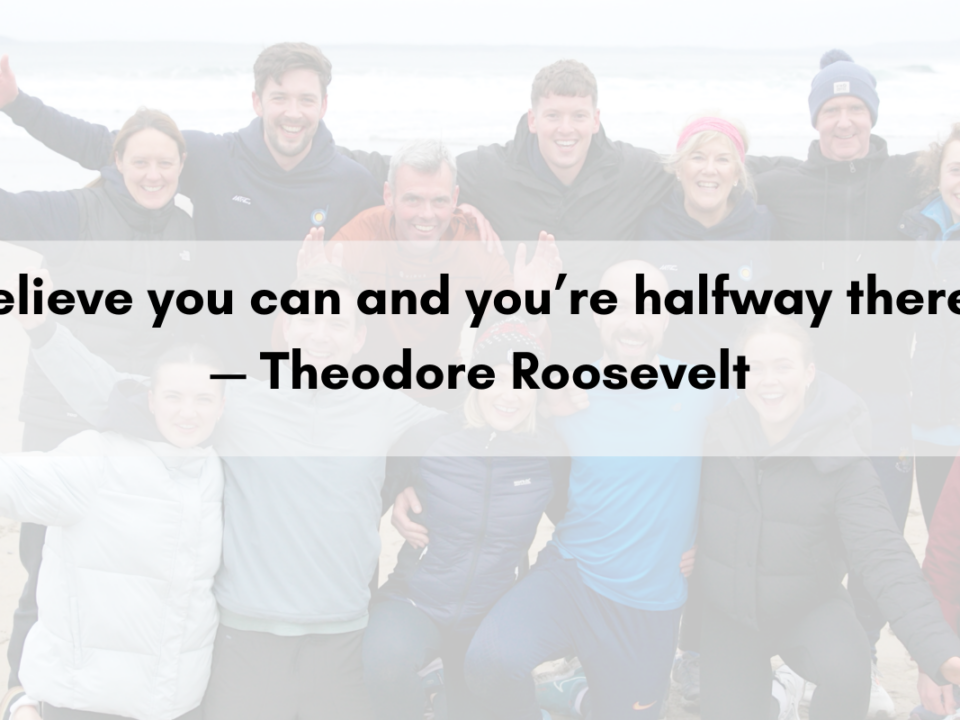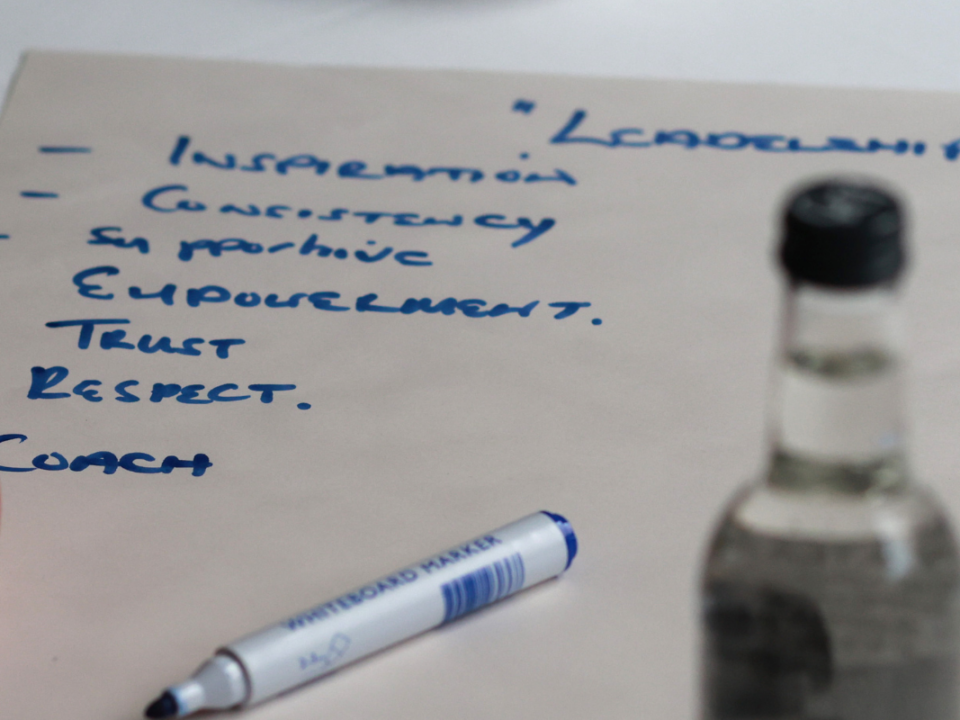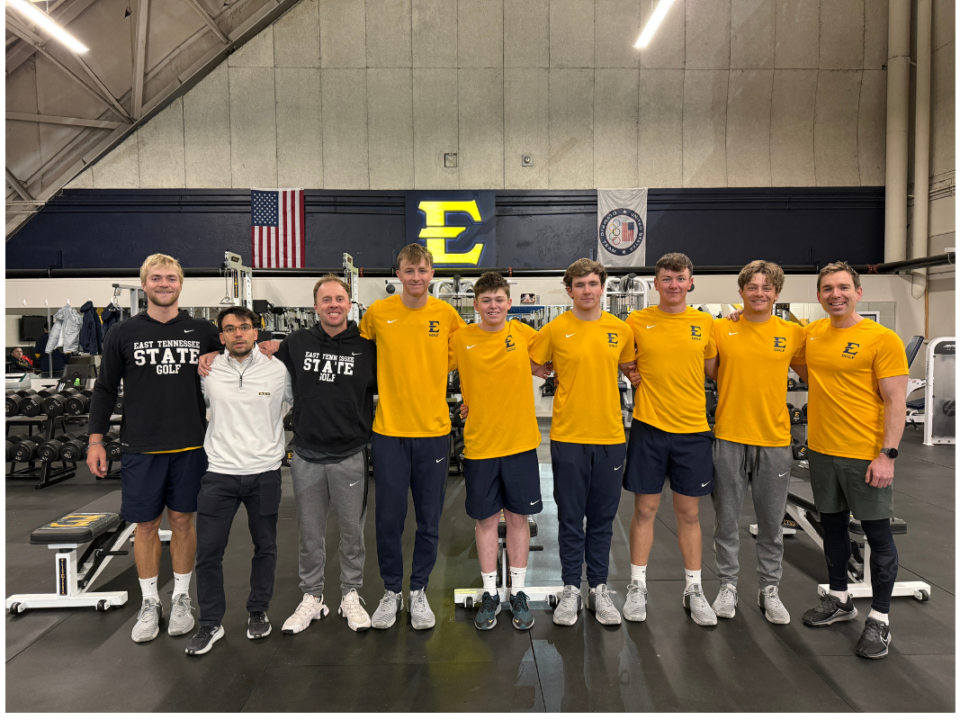Are you a gym goer? Many of the questions we received at daveynutrition HQ are focussed on nutrition to support performance and recovery from the gym. Below are 5 of the most frequently asked questions that we receive:
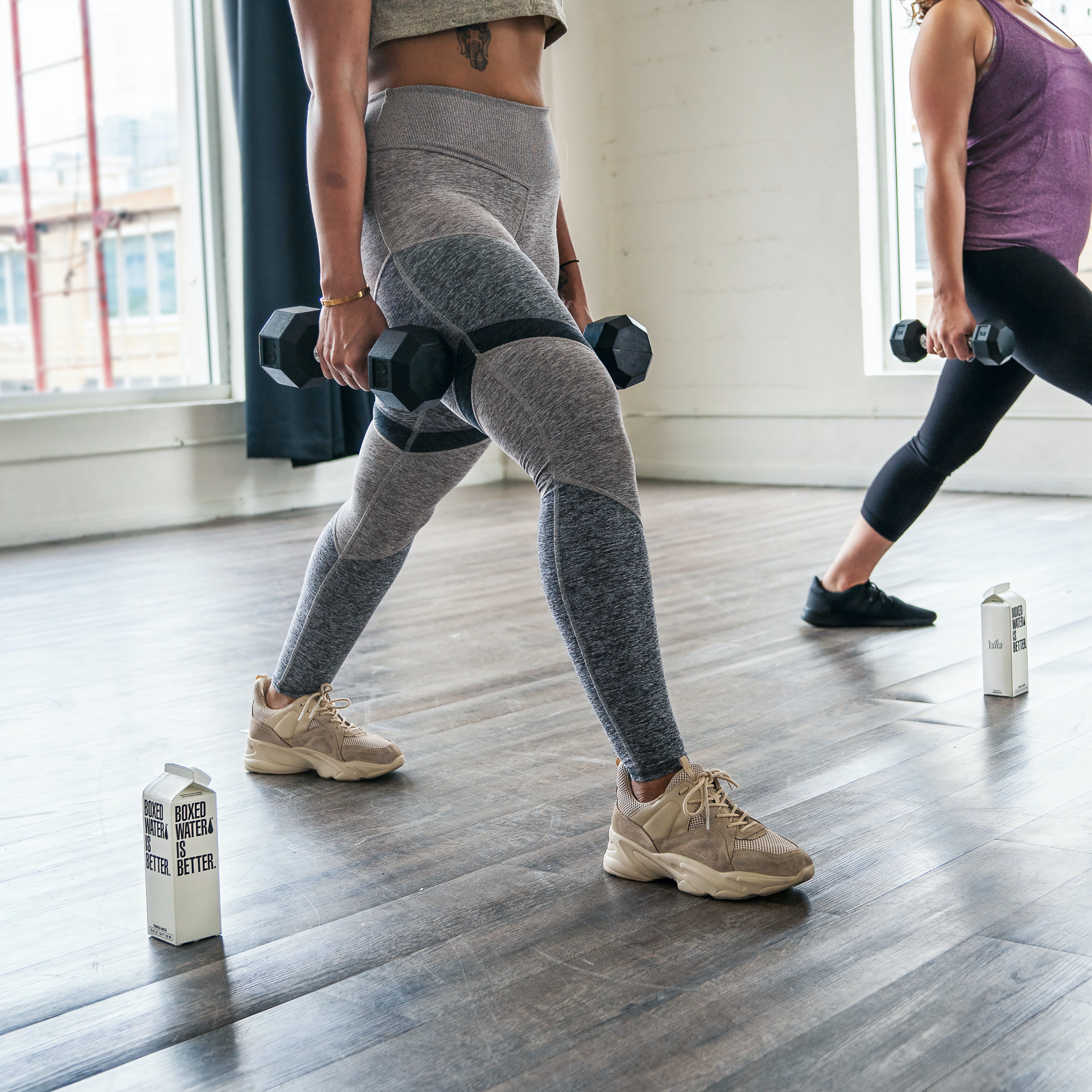
- Do I need to eat before I go to the gym early in the morning?
The answer to this is a little more complicated than you might expect – it depends! If you are someone who goes to the gym early in the morning, whether or not you should consume some food depends on a number of factors
- How intense is the session? Is it a high-intensity session HIIT class or a lower intensity weights session, for example. If it is lower intensity, there is less need for consumption of food before the session. However, for tougher, more intense sessions, it may be useful to consume a light carbohydrate-rich food source before the gym. This could be a small bowl of cereal with milk, some toast with honey or jam, a toasted bagel, piece of fruit or handful of dried fruit or even a glass of fruit juice. This boost of carbohydrates will be used efficiently in a higher intensity training session. If you choose to consume something pre-gym, we recommend consuming this at least 30 minutes before you begin the exercise session to allow for adequate digestion.
- How do you feel during the session? If you regularly feel fatigued during an early gym session, try consuming a light carbohydrate meal or snack like those listed above beforehand to determine if this improves your energy levels.
- How long is the session? If your session is <45 minutes and you feel like you have enough energy to complete the session without consuming something – that is perfectly ok! However, for sessions lasting longer than 45, consider consuming a carbohydrate source pre-gym to support the exercise.
- Do you struggle to eat early in the morning? It is very common for someone to struggle with eating early in the day. If this is you but you would still like to ensure you have energy for your session, increase your carbohydrates in your last meal before bed the night before your gym session. This could mean some extra potatoes, rice or pasta with you for dinner or having a higher-carbohydrate snack before bed such as peanut butter on toast, yoghurt with granola, a fruit smoothie or homemade oat bar.
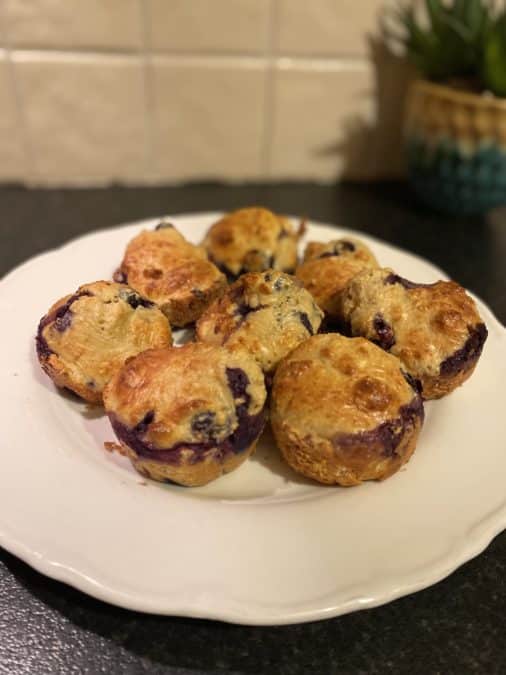
Some recent research has suggested that females may have a higher need to consume some fuel before they train, compared to males. This is because the stress hormone cortisol, which is already elevated when we wake up, is further elevated when we train. Females are more sensitive to high and elevated cortisol over long periods of time compared to males and therefore, consumption of some food before a female trains may be helpful. In addition, for those who are in the process of aiming to restore their periods or are working on their hormone health, it may be more important for these individuals to consume something pre-training.
See – I told you it was complex!
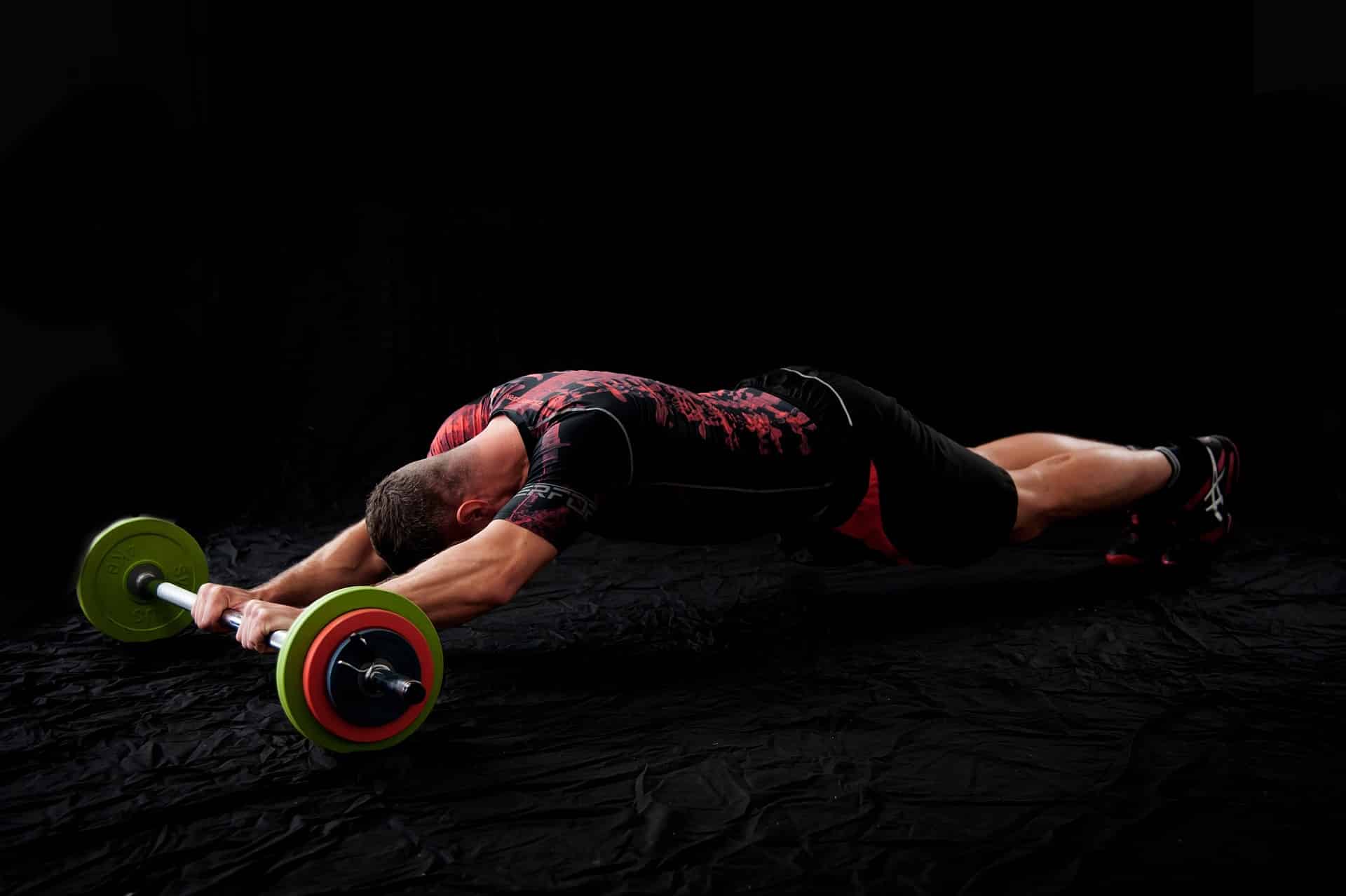
- Should I consume caffeine before the gym?
Caffeine is an ergogenic aid which in sport, means it has the potential to improve performance. Caffeine has been studied extensively and has been shown to provide performance benefits when consumed ~45 minutes before an exercise session. So don’t be sipping your caffeine beverage during your workout – you won’t be reaping the rewards! Caffeine works by blocking central fatigue, so we feel less tired during the exercise session. People have different tolerance levels when it comes to caffeine so it is important to begin by consuming a low dose if you are not a habitual caffeine consuming and monitor its effects. Many caffeine products are available like gels, gums, drinks and sweets. However, before the gym, a plain old cup of coffee will work just fine! There can be side effects, of course, so be very mindful of the dose you use. We have a full article on caffeine which provides extensive detail about the benefits, dosage and side effects. You can read it in full here.
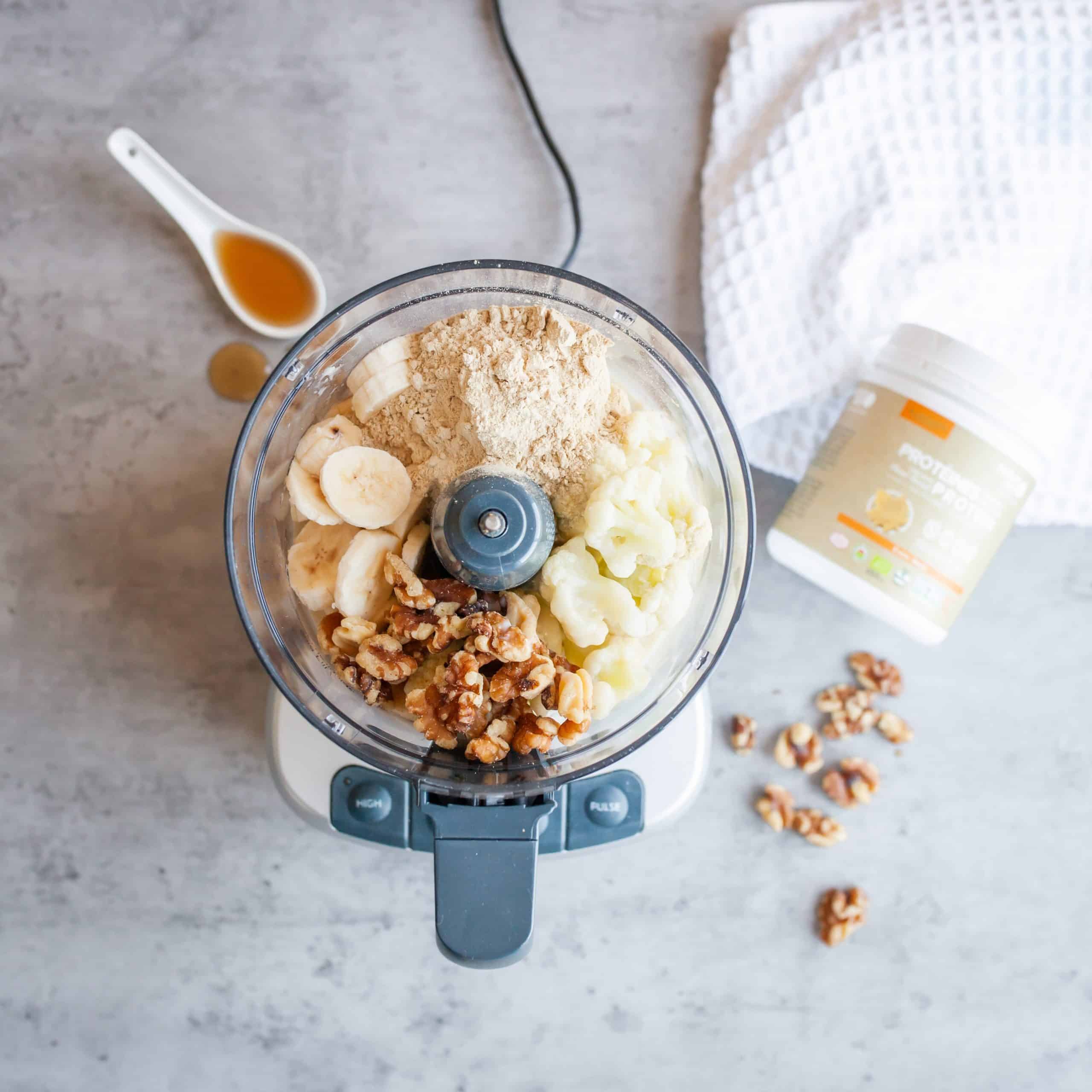
- Should I consume a protein shake after the gym?
Not necessarily! Yes – it is true that protein intake after exercise is important to help the body to repair and rebuild muscle tissue. However, consumption of a protein shake specifically is not necessary unless it is convenient for you. Simply consuming a post-training meal which contains a source of protein and ideally some carbohydrates and fruit / vegetables will enable the body to repair itself after exercise. If you are stuck for time and having a protein shake is an easier option for you after the gym – go for it! The most important factors when it comes to protein intake are the total amount of protein you consume each day, the timing of this protein intake and the type of protein you consume – rather than just the meal or food you have immediately after a gym session. More information about the importance of each of these factors can be found in this blog.
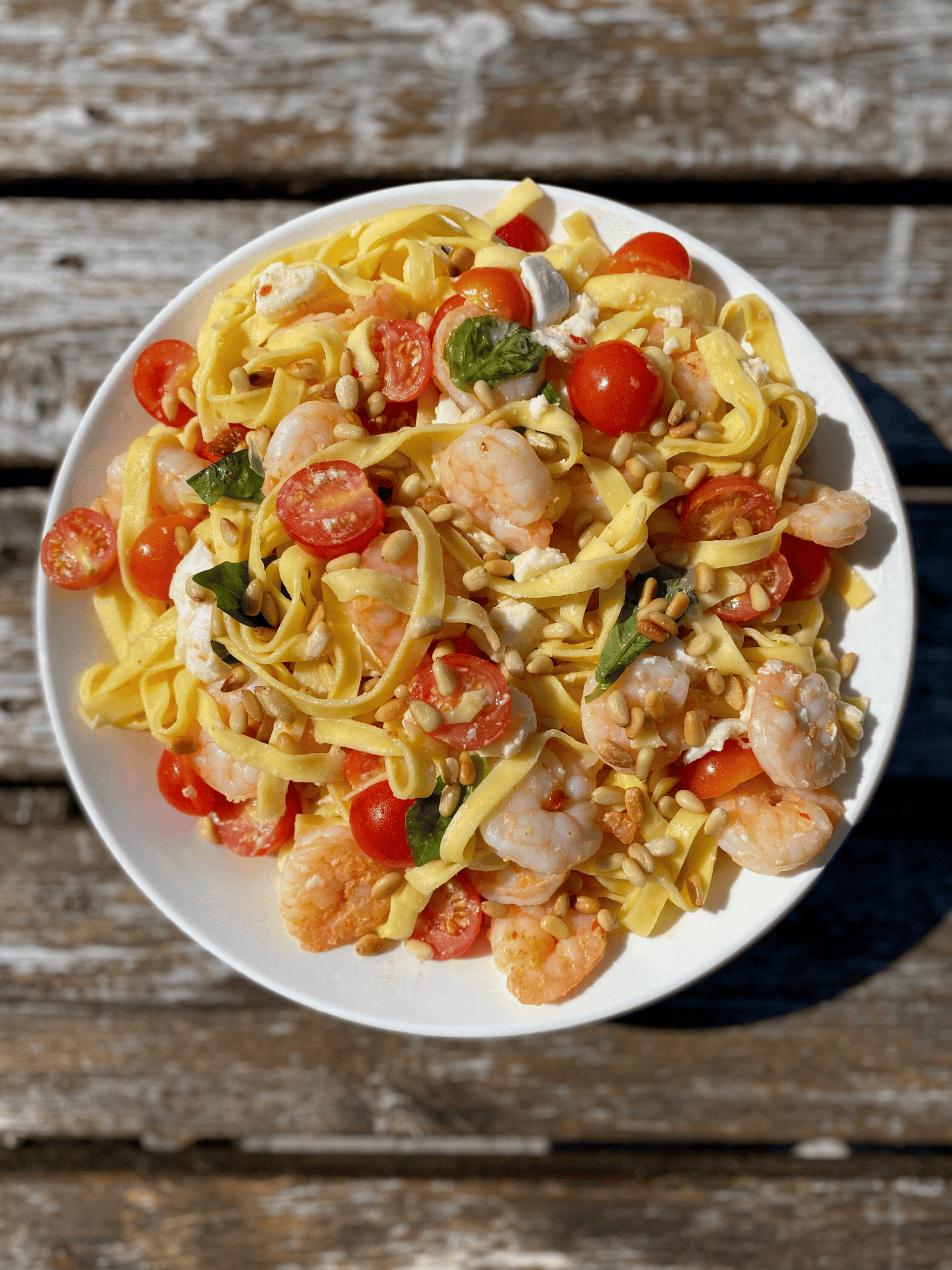
- I eat my lunch at 1pm but don’t go to the gym until 6pm, I don’t want to have a large meal too close to training – what should I do?
Carbohydrates are an important fuel source for exercise. The longer the exercise session is or the higher intensity it is, the more focus should be placed on carbohydrate intake. For people training in the evening after work, aim to have a source of carbohydrates in your lunch – eg; a bagel with turkey and salad, a chicken pasta salad or filled baked potato. If you do not want to have anything heavy before the gym, aim to consume a light, high-carbohydrate snack such as toasted soda bread with honey or jam or a fruit salad with granola and yoghurt. Consume this snack around 60-90 minutes before the gym. For more high carbohydrate meal and snack ideas, check out our recipe page and use the filters at the top of the page to find suitable pre-training meals.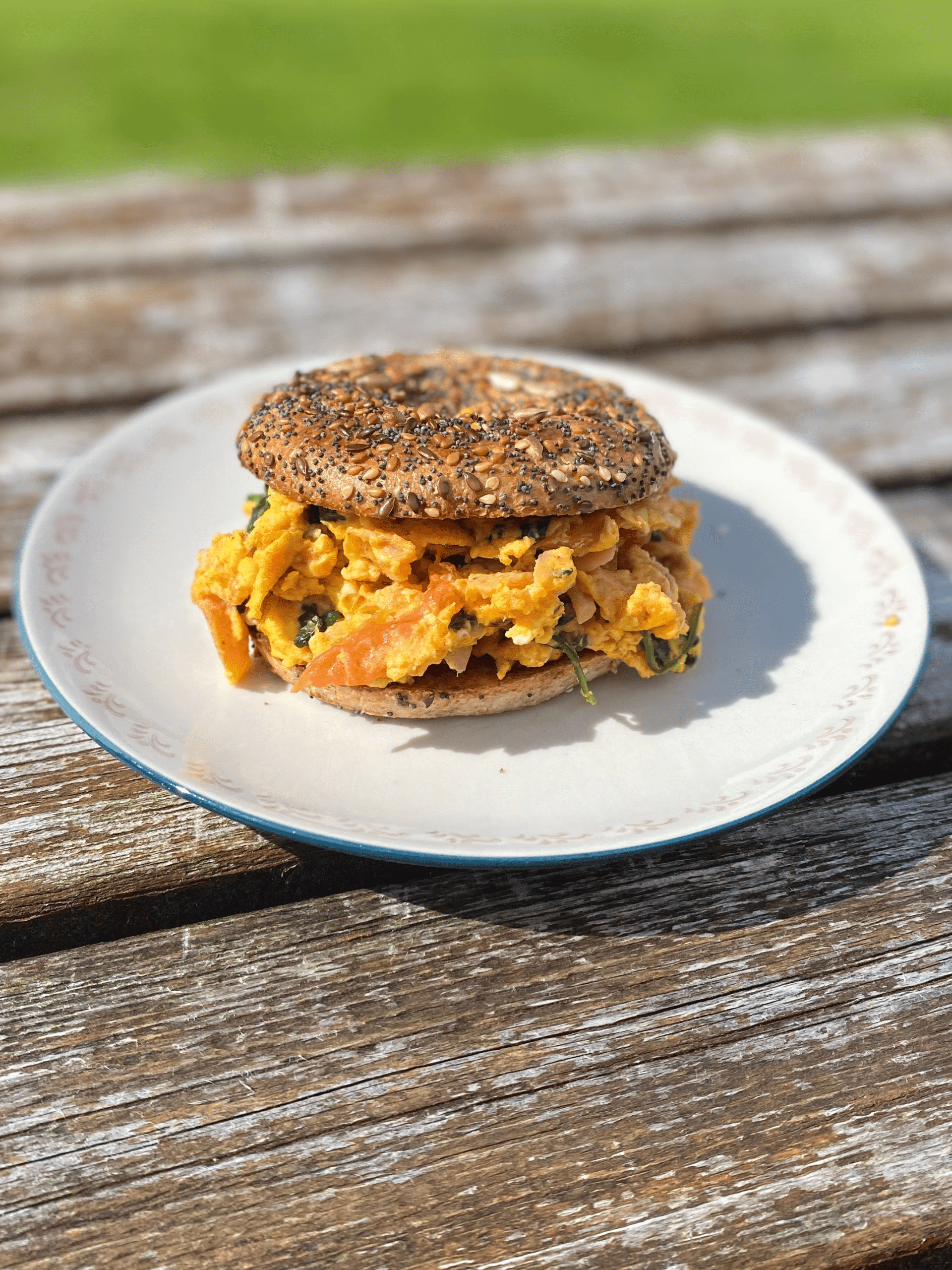
- I’m going to the gym to lose body fat – what kinds of foods should I eat?
To lose body fat, you must be in a calorie deficit. This can come from consuming less calories than your body is using day to day. Or from creating an energy deficit through moving more. When it comes to food intake and body fat loss, there is no magic formula or silver bullet. Losing body fat takes time and consistency. First, you need to understand your individual calorie needs. From this, you can create a suitable and safe calorie deficit. In addition, protein intake is very important. Adequate protein will allow you to maintain your current muscle mass and will help you to feel fuller for longer. Nourishment and satisfaction when it comes to losing body fat is also a hugely important factor and these are often overlooked. Being satisfied with your meals whilst ensuring you are meeting your nutrient needs for health and performance will enable you to be more consistent over a long period of time. To find out what your calorie needs should be, contact our team of performance nutritionists or sign up to a daveynutrition PRO membership and let us do the hard work for you!
 To view recipes, join the daveynutrition website now. Recipe memberships begin at just €7.99 per month and include access to a library of 100s of recipes suitable for everyone, no matter what your goal or cooking skill. For lifetime recipe access, choose the lifetime recipe offer of €99!
To view recipes, join the daveynutrition website now. Recipe memberships begin at just €7.99 per month and include access to a library of 100s of recipes suitable for everyone, no matter what your goal or cooking skill. For lifetime recipe access, choose the lifetime recipe offer of €99!
To access recipes AND meal plans, articles, nutrition services and programmes why not become a PRO member of the daveynutrition website? Sign up here today to secure your PRO membership.
If you are unsure about what membership or programme may be suitable for you, simply book a discovery call to chat through your options with a team member. Or contact us via this page or by emailing expertsupport@daveynutrition.com.


